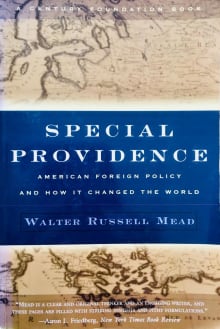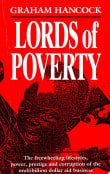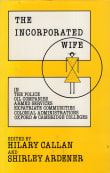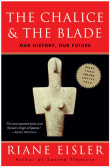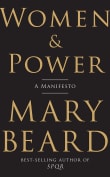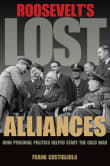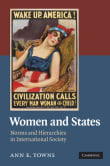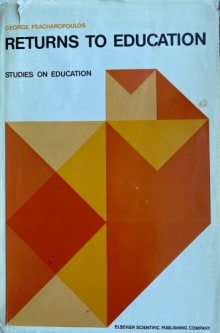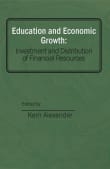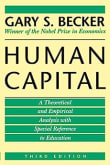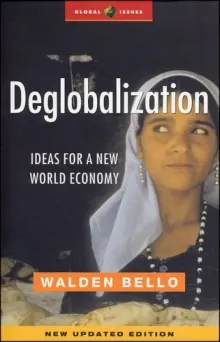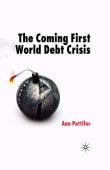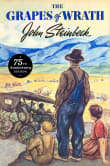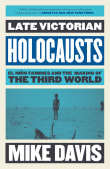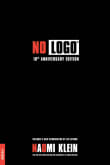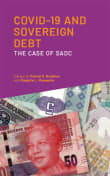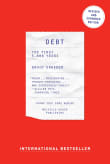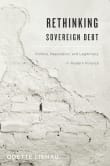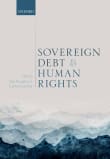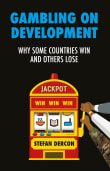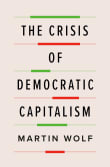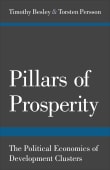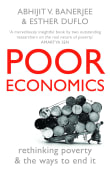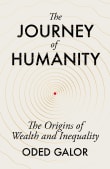Why am I passionate about this?
I became an anthropologist by accident. I never liked school, but I loved to travel, and I got a PhD so that I could rail against development and the perils of cross-cultural misunderstanding in print. Naively, I thought maybe someone would listen. Luckily for me, I discovered I also liked teaching. I first taught at UCLA and then at the Naval Postgraduate School, where I had mostly mid-career U.S. and international special operations officers in class. More serendipity: my two decades at the Naval Postgraduate School bracketed the Global War on Terror, which unfortunately proved to be a witch’s brew of cross-cultural misunderstanding.
Anna's book list on understand why our foreign policy fails often

Why did Anna love this book?
I’ve always paired this book with Promised Land, Crusader State, not only because Mead is such an elegant writer, but I don’t think anyone surpasses him at explaining how and why we lurch back and forth between foreign policies. Mead’s account made such an impression on me when I first read it that it’s left me in a quandary ever since.
If I could recommend only one of these two books to time-strapped officers, which would benefit them more? Here is where, like a good academic, I always punted and told everyone to read both.
2 authors picked Special Providence as one of their favorite books, and they share why you should read it.
"God has a special providence for fools, drunks and the United States of America."--Otto von Bismarck
America's response to the September 11 attacks spotlighted many of the country's longstanding goals on the world stage: to protect liberty at home, to secure America's economic interests, to spread democracy in totalitarian regimes and to vanquish the enemy utterly.
One of America's leading foreign policy thinkers, Walter Russell Mead, argues that these diverse, conflicting impulses have in fact been the key to the U.S.'s success in the world. In a sweeping new synthesis, Mead uncovers four distinct historical patterns in foreign policy, each…
